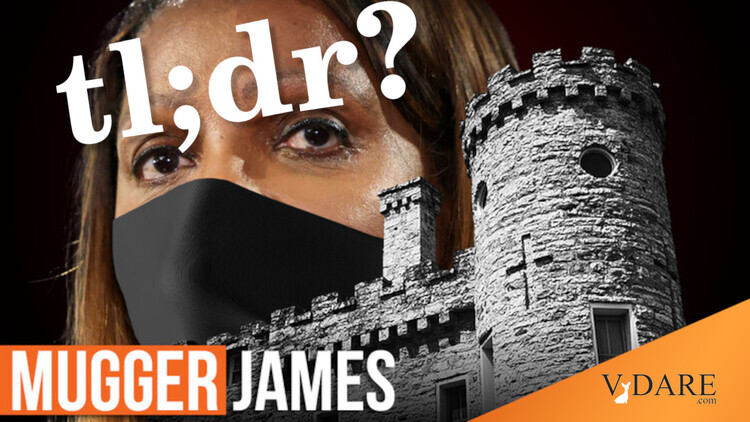From Slate:
The Myth of the Rust Belt RevoltI haven’t looked at the math to see if this characterization stands up, but I’ve been talking for years of the utility of a half-a-loaf strategy. The Trump campaign spent a fair amount trying to lessen the enthusiasm for voting for Hillary of people were tough to persuade to go all the way to voting for Trump: maybe you can’t persuade Leon Jackson, a black Milwaukee high school gym teacher and veteran, to vote for Trump, but perhaps you can target him with ads on Facebook that sap his enthusiasm for voting for Hillary.Donald Trump didn’t flip working-class white voters. Hillary Clinton lost them.
By Konstantin Kilibarda and Daria Roithmayr
Commentators in charge of explaining Donald Trump’s surprise victory seem to have settled on the idea that the white working class in the Rust Belt played a decisive role. In the New York Times, for example, Thomas Edsall notes that Trump won 14 percent more noncollege whites than Mitt Romney, and that those working-class voters Trump carried by “huge margins” were heavily concentrated in the Rust Belt states of Iowa, Michigan, Ohio, Pennsylvania, and Wisconsin (which we will call the Rust Belt 5).
But this emerging consensus around a Rust Belt revolt is wrong. People like Edsall have missed the real story: Relative to the 2012 election, Democratic support in the Rust Belt collapsed as a huge number of Democrats stayed home or (to a lesser extent) voted for a third party. Trump did not really flip white working-class voters in the Rust Belt. Mostly, Democrats lost them.
If Coach Jackson doesn’t quite get around to voting for Hillary like he promised his mom he would, that’s half as good for Trump as if he went all the way and voted for Trump.
This gets denounced in the press as “voter suppression,” but it strikes me as perfectly legitimate.
More investigation into how Hillary botched the race is needed.











